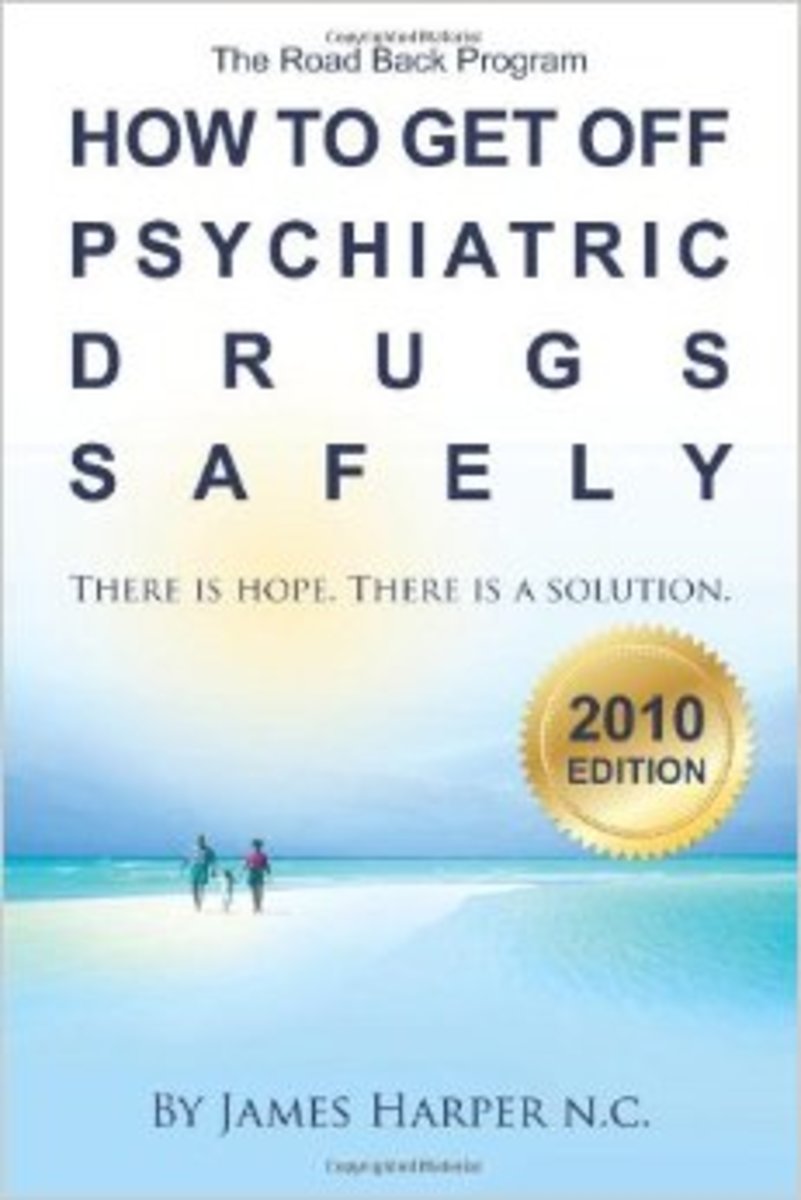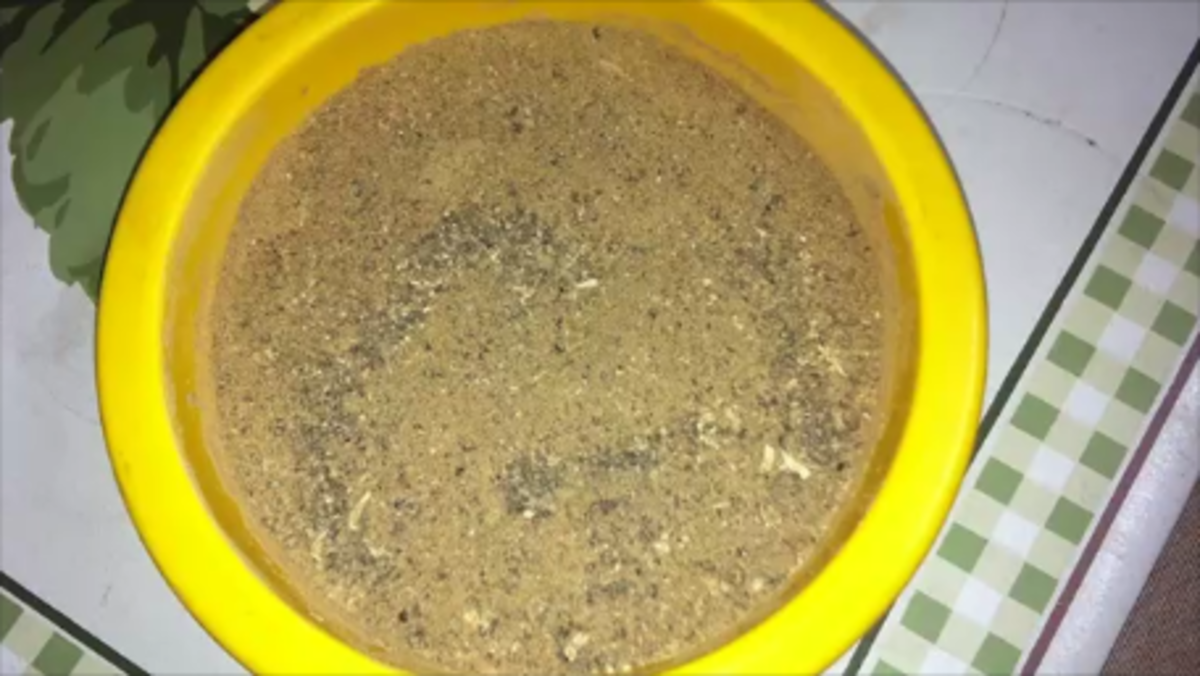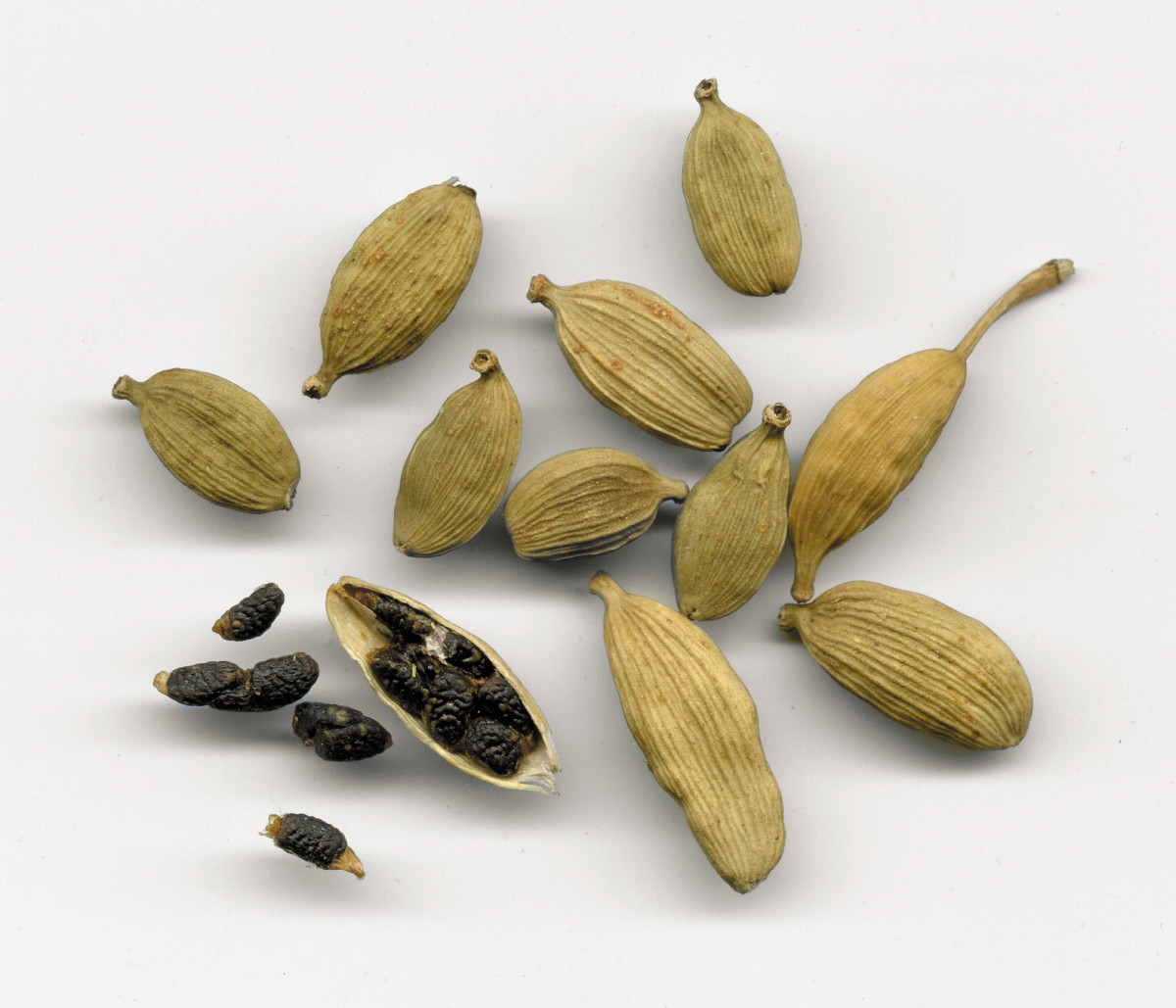Side Effects and Adverse Drug Reaction with Ayurvedic Medicine
Ayurveda - Vedic culture

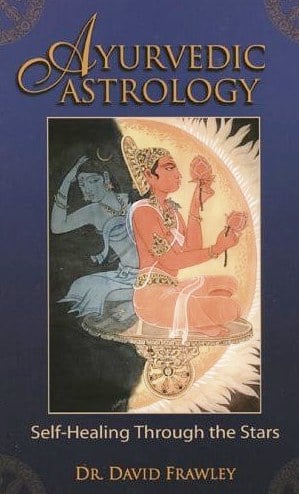
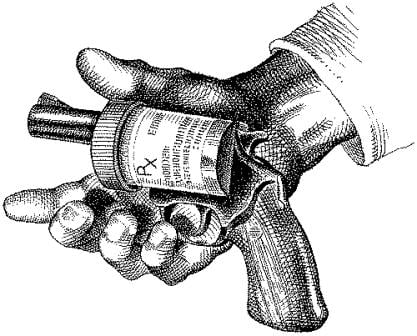

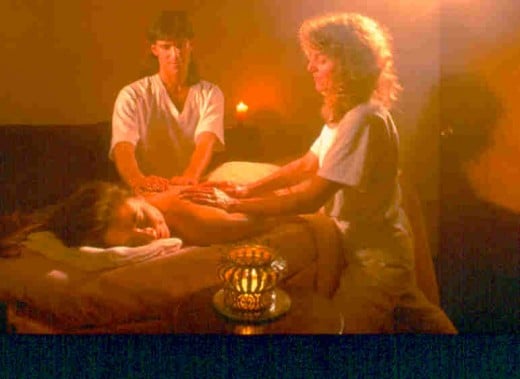
Do you believe that Ayurvedic Medicine can cause adverse drug reaction or side effects?
Adverse drug reaction is a burning issue in alternative system of medicine nowadays. It is believed that ayurvedic/herbal medicine have less ADRs or side effects through ayurvedic drugs. As in Ayurveda, ayurvedic doctors mostly prescribe personal medicine and not a drug which will be applicable for mass population as in allopathy/modern medicine.
One example of side effects with ayurvedic medicine Aswagandha Lehya is that Aswagandha Lehya should not be used in piles having bleeding tendencies-paithik or rakthaja arsas. It will worsen situation, but kapha vatha arsa can be cured with this.
According to me ayurvedic medicines have very less side effects or ADRs because Ayurveda has a large range of combinations of drugs according to the various prakriti of different patients. Allopathy has a common prescription in every patient of same disease. Ayurveda has a basic of sendriya, satva_atma, yukta, purusha which is far more advanced than any other pathy.
Ayurveda has one medicine for one disease, many medicines for one disease, many medicines for many diseases, and many medicines for one disease and that is where Ayurveda is ahead of all pathies. Every patient is diagnosed by dosha-prakriti- and dosha-dushya samurchhana and according to that a combination of drugs is prescribed which is suitable for that one patient, so I think this is the most important reason Ayurveda has less or rare rate of side effects.
Adverse drug reaction in Ayurvedic Medicine occurs in most of cases when there is not much assessment or the doctor is not prepared according to process mentioned in Ayurvedic Text.
Ayurveda treatment is a Chatuspada chikitsa and among them, doctor is the chief organizer. If he is not knowledgeable, he could not make proper selection of drugs. Due to improper medicine if some ADR happens, we cannot blame that Ayurvedic medicines have more side effects. As far as medicines are concerned, if pharmacies will not take proper care in preparation, then rasa ausadhi and some cast medicines can also make some problems.
It is also possible that if we maintain safety parameters, then there will not be any ADRs/side effects in nature medicine. Ayurveda is a time-tested medicine.
A prominent point is that doctors who are all practicing Ayurveda should always know that any medicine can turn into poison if administered in an improper way (dose, prakriti, bala, satva etc).
Ayurveda says treatment means the use of procedures or medicines, which will cure the disease without causing any other harmful effects.
Hence all the "side effects" commonly mentioned are the limitations of the vaidya, not the drugs. A medicine which is genuinely prepared even rasa aushadhis does not have any ADR's if properly used.
Today's time is of globalization, and Ayurveda is not an exception. WHO has recorded 41,000 adverse drug reactions of Herbal/Alternative Medicine in 2006. It is well known that-if any substance given by considering Prakriti, Agni, Bal, Agni, Vay, Kaal, then it would not cause any adverse drug reactions. This is the major difference between Ayurveda and other traditional medicines. That is why, Ayurveda is a complete system of medicine.
Ayurveda texts also clearly mentions that even a small amount of poison could be used as medicine and a medicine in quantity other than expected could be brutal. The proper dosing of the medicines (of course the quality is very important to decide the quantity) is really essential to overcome or to bypass the ADR's. This dosing calculation is done on the basis of prakruti, dosha, and so on.
Rasa sastra is capable of unlocking the secrets to the most powerful healing techniques employing the plants and minerals provided the practitioner has acquired perfection and immense proficiency for safe and effective practice. Further, being a very individualized system of medicine, it needs adjustments in the dosage and administration in different diseases in different patients.
Rasa sastra lays great emphasis on the personal and spiritual purification of the practitioner before the ability to work with the metallic remedies is attained. Verily, this system was practiced by the sidhas of yore and many of the present day vaids fall miserably short of the standards set for the practice of rasa sastra.
ADRs will continue to be noticed in Ayurveda until such time that perfection and proficiency is attained in the manufacturing of the medicines and until such time as the practitioner attains personal and spiritual purity.
One of my friend who is an Ayurvedic physician encountered a certain ADR with Chyawanprash which children and even elders consume all over the world on a daily basis and is easily available in the market not only at drug stores but also at local stores.
So here was what happened after using Chyawanprash:
Chyawanprash when used in a patient with chronic kidney disease has shown an alarming rise in serum potassium, if continued further, it has also shown dysrhythmias due to hyperkalemia
After a thorough study of this case by some talented doctors of Ayurvedic Medicine, it was felt Chyawanprash was not responsible for hyperkalemia, as it is well known that chronic renal failure is one of the major cause of hyperkalemia and due to diseased kidney, it might be there.
But we know that nowadays, Chyawanprash is not prepared as mentioned in Ayurvedic texts. For example, it has been in the mentioned in the text that Amalki which will be used for Chyawanprash should be riped but in most of the pharmaceutical companies, it is used in an unripe form.
Second thing is that we have to measure the potassium content of Chyawanprash and not that of Amalki or else we should measure it in riped Amalki.
Beyond this, there are many factors which play an important role for the formulation and can affect the outcome of the use of the Chyawanprash.
So according to me, I agree that Ayurvedic Medicine can cause adverse drug reactions or side effects but to a lesser extent than allopathy.

